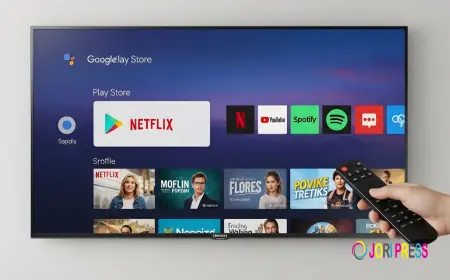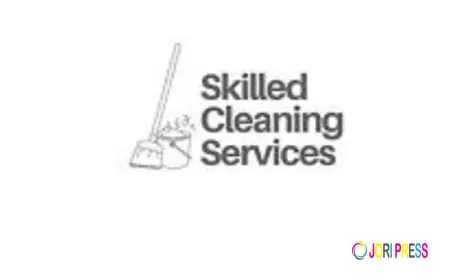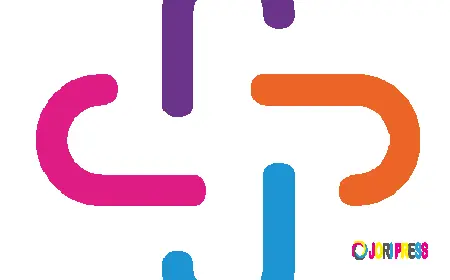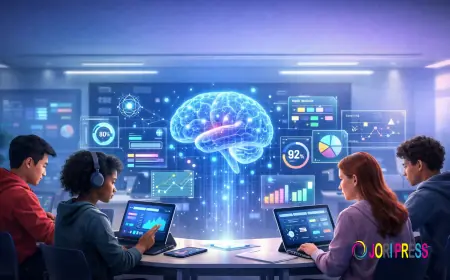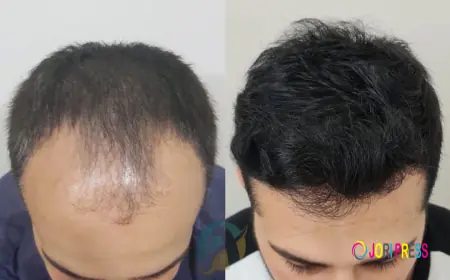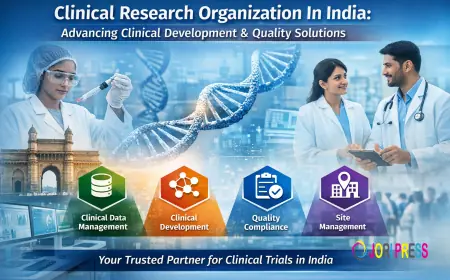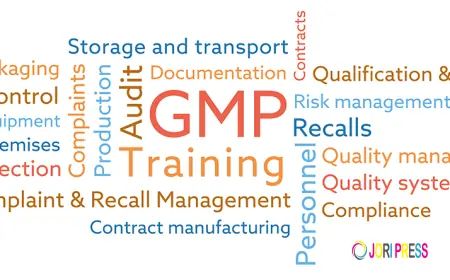How Family Involvement Enhances Recovery at a Mental Health Rehabilitation Center
In this blog, we’ll explore how families contribute to recovery and what structured support looks like in rehabilitation settings.

Family support is one of the strongest predictors of long-term mental health recovery. While personal commitment and professional care matter, loved ones play a vital role in providing emotional security, practical assistance, and motivation. A mental health rehabilitation center often integrates family involvement into its programs to enhance treatment outcomes.
Why Family Support Matters in Mental Health Treatment
Mental health challenges don’t just affect individuals—they impact families too. When loved ones are engaged in care, it fosters better communication, stronger relationships, and a healthier home environment after discharge.
Ways Families Participate in Mental Health Rehabilitation
1. Family Counseling Sessions
Many centers offer therapy sessions that include family members. These meetings address conflicts, improve understanding, and teach supportive communication strategies.
2. Educational Workshops
Families learn about mental health conditions, treatment options, and how to respond to challenges. Education reduces stigma and promotes empathy.
3. Involvement in Discharge Planning
Loved ones often help shape aftercare plans by participating in goal setting, safety planning, and identifying supportive resources.
4. Visitation and Support Activities
Scheduled visits and recreational activities within a mental health rehabilitation center allow families to stay connected while offering encouragement.
Benefits of Family Involvement
-
Improved patient motivation and emotional well-being
-
Reduced relapse risks post-discharge
-
Stronger coping skills and problem-solving abilities for families
-
Better understanding of symptoms and how to manage them at home
-
Reinforced healthy boundaries and communication habits
Frequently Asked Questions (FAQs)
Q1: Can family involvement really improve recovery outcomes?
A: Yes, research shows that individuals with supportive, involved families tend to experience lower relapse rates and better mental health stability.
Q2: Are family sessions mandatory?
A: While not required, they are strongly recommended as part of a comprehensive care plan.
Q3: What if family relationships are strained?
A: Professional counselors mediate sessions to address conflicts and rebuild trust in a safe, supportive environment.
Q4: Do families have access to education about mental health conditions?
A: Absolutely. Many programs include educational workshops and resources for loved ones.
Q5: Can families visit during treatment?
A: Yes, most centers offer structured visitation schedules and family-inclusive activities.
Final Thoughts
A mental health rehabilitation center doesn’t just support individuals in recovery—it also empowers families to become active, informed partners in healing. Through therapy, education, and open communication, families contribute to sustainable wellness and healthier futures for their loved ones.
What's Your Reaction?
 Like
0
Like
0
 Dislike
0
Dislike
0
 Love
0
Love
0
 Funny
0
Funny
0
 Angry
0
Angry
0
 Sad
0
Sad
0
 Wow
0
Wow
0




